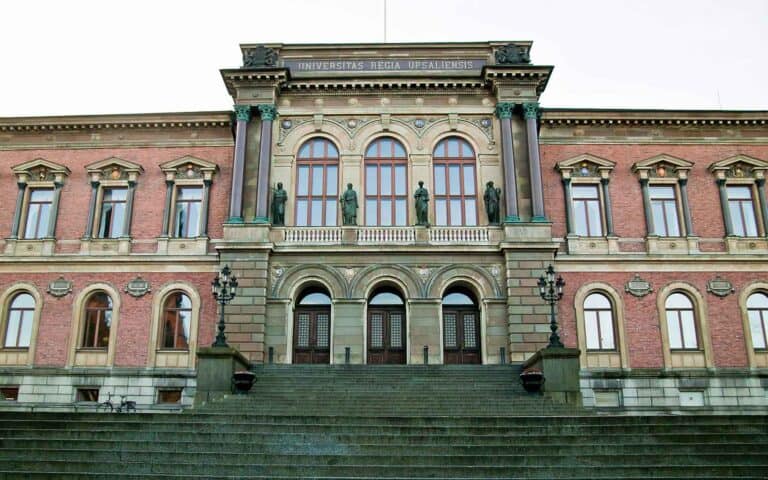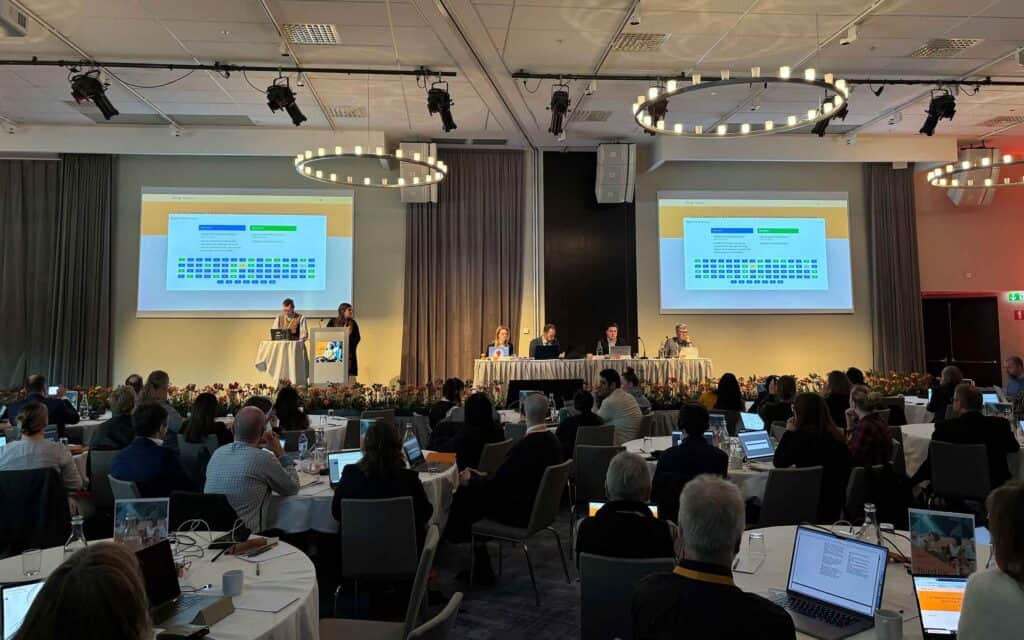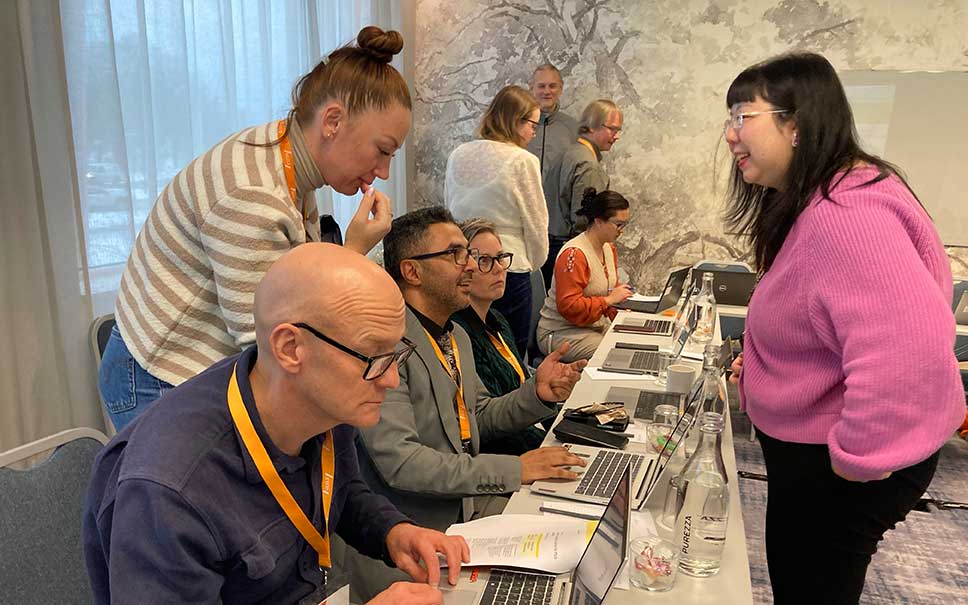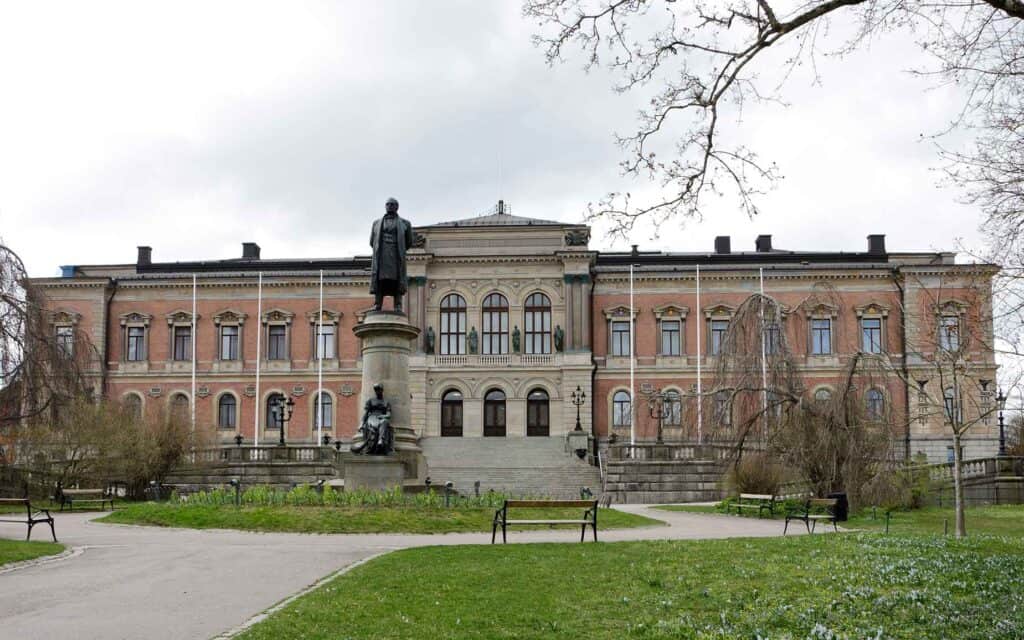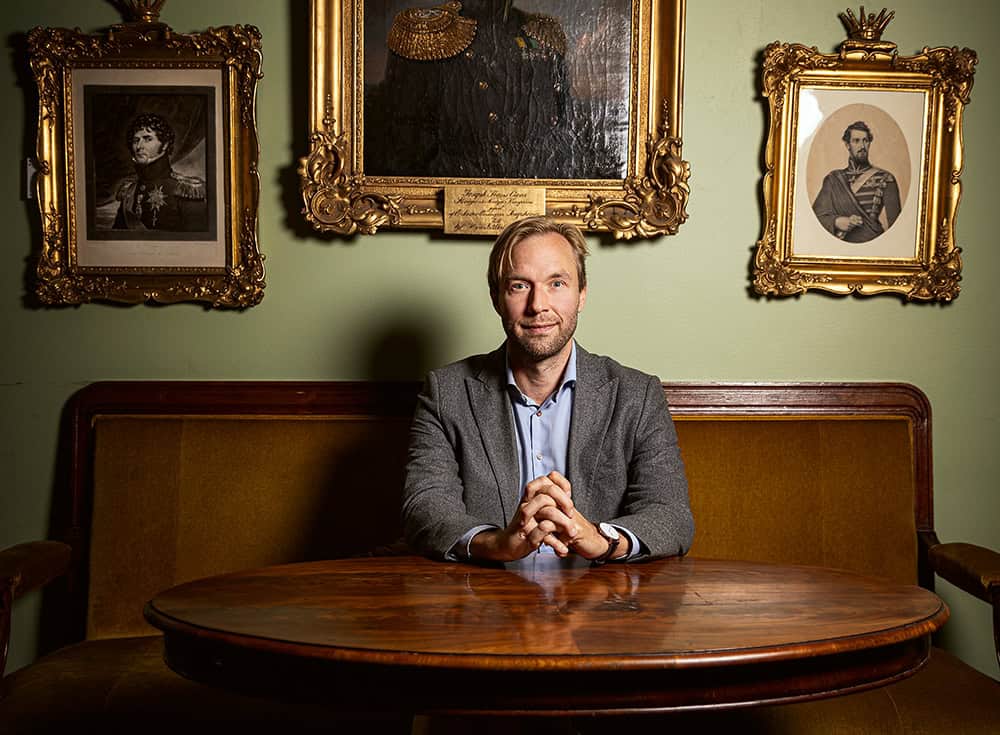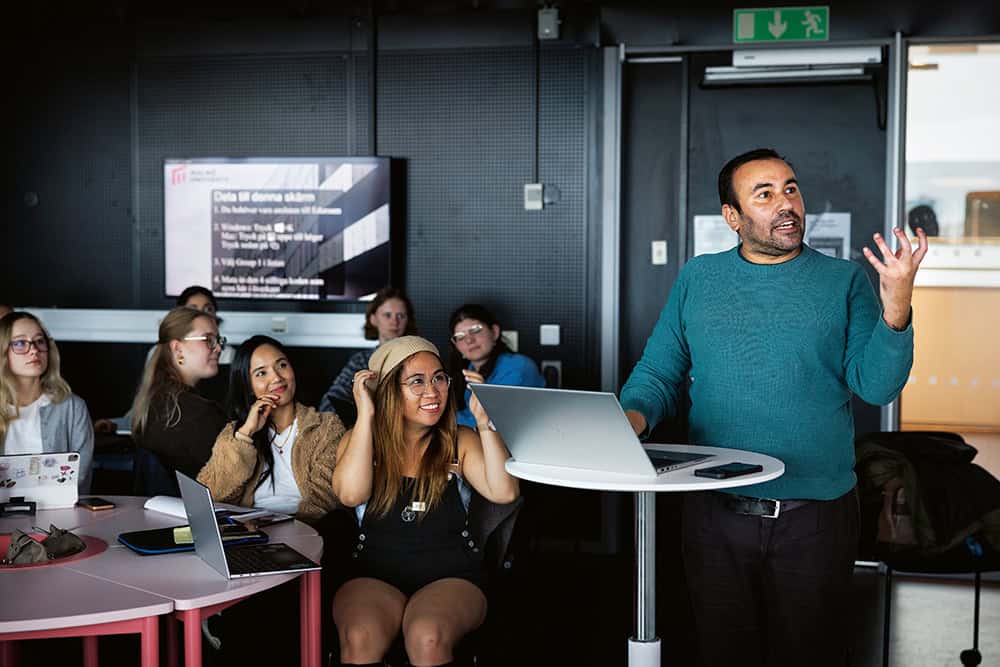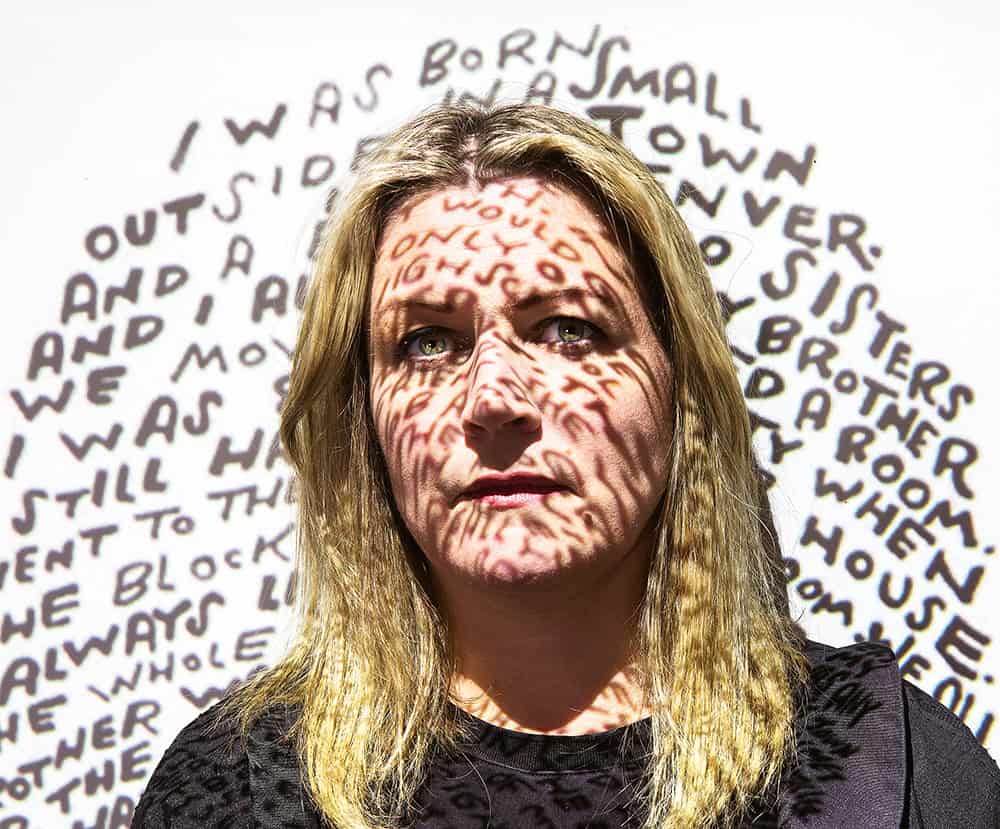Following a set of “horrific events”, Uppsala University’s Vice-Chancellor, Anders Hagfeldt, decided to take a stand. He declared that this was a time where the university clearly needed to take a position “in defence of democratic values and the freedom of academia and research”. The events in question were of course, Russia’s invasion of Ukraine.
Like other universities, Uppsala University endorsed the Swedish Government’s “firm condemnation” of the invasion, and following a governmental call, immediately began suspending and cancelling institutional agreements with Russian and Belarusian universities. The Vice-Chancellor was apparently moved to take this stance given the “serious consequences for education and research” in Ukrainian universities that were “forced to close”.
What would the Vice-Chancellor have to say if instead of simply being “forced to close”, all the universities were instead obliterated to rubble? One need not wonder. This disturbing prospect did in fact take place, but with one fundamental difference. Namely, that the universities destroyed were in Gaza, and not Ukraine.
Since the beginning of the Israeli offensive, all of Gaza’s 12 universities have been destroyed by Israeli bombings. The educational system has been decimated along with other public services and the offensive has been marked by widespread human rights violations. The daily death rate inflicted by the Israeli army to Palestinians has been higher than any other major 21st-century conflict, with the civilian population being deliberately starved and humanitarian aid impeded and withheld by Israeli forces.
A variety of UN officials, legal scholars and human rights organizations have described these atrocities as part of ongoing genocide, with The International Court of Justice finding these accusations “plausible” and ordering a halt to the offensive, while The International Criminal Court officials have issued arrest warrants for the Israeli Prime Minister and the Minister of Defence for their role in committing “crimes against humanity”. These developments continue to the present day with Israel recently being included in the UN’s ‘blacklist’ of offenders that commit human rights violations against children.
Curiously, Uppsala University’s defence of democratic values quickly dissipated when it came to the Israeli invasion. Slinking away behind the veneer of institutional neutrality, the Vice-Chancellor declared that in this case, it was “not the role of the University to take a stand on foreign policy conflicts”. Following guidelines set by the Palestinian Campaign for Academic and Cultural Boycott of Israel (PACBI), Academics for Palestine (AFP) demanded that the university investigate, disclose and suspend all institutional collaborations with Israeli universities.
This demand was rejected out of hand, despite the exact same policy being applied in the case of Ukraine. This suggests that the decision to refuse these demands is in fact a political decision, and not some general noble principle that is universally applied.
It is important to note that the targets of this demand are not individual researchers or any arbitrary Israeli university. It specifically concerns institutional collaborations with Israeli universities that are complicit, which means that they are engaged in abetting the Israeli state’s war crimes and violations of international law. This complicity can range from providing support to students who serve in The Israel Defense Forces, to partnering with the Israeli military in developing strategies, technology, intelligence, and providing logistics support.
From this perspective, the argument that Uppsala University “collaborates with academics, not states” misses the point. If a university collaborates with institutions that have military links, then there is a risk that it indirectly contributes to violence and the violation of international law. Maintaining open institutional collaborations with these universities therefore goes against the University’s ostensible support of values like academic freedom, democracy and human rights. Knowledge is not an abstract and neutral good that absolves us of moral considerations or political responsibility.
Refusing to collaborate with complicit Israeli universities is no more a limitation on academic freedom than refusing to approve a study that violates a tenet of research ethics.
As students and employees of any university, we should think carefully about the implications of endorsing the largely disingenuous positions of “neutrality” and “not taking sides”. Would it have been “neutral” to collaborate with South African universities under the Apartheid era that enforced quotas for non-white students? Would it be “neutral” to collaborate with Russian state universities in developing drone technology? Or to collaborate with a university in an authoritarian state that develops surveillance technologies which will be used against its own population?
Like any university, Uppsala University can either claim to stand by its values of democracy, human rights, and freedom of expression, or it can claim neutrality in cases where these values and rights are completely undermined and violated. It cannot claim both. As succinctly put by archbishop Desmond Tutu, if we are neutral in situations of injustice, then we have chosen the side of the oppressor.
On behalf of Academics for Palestine Uppsala:
Fouad El Gohary
Alexandre Raffoul
